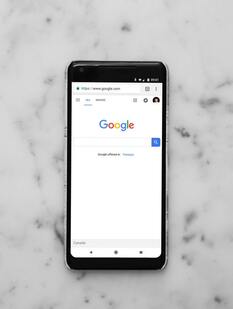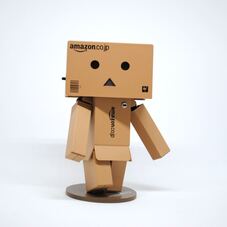 Photo by Joelle Nebbe-Mornod on Flickr Photo by Joelle Nebbe-Mornod on Flickr by Bryce Morris Since the summer of 2017, I have been writing my own social media reviews on Instagram based on pop culture topics such as film, television, comic books, and video games. Before I write my Instagram reviews, I avoid any other reviews or comments that may influence my opinion before I view the product myself. It can be difficult to prevent others from influencing my opinion. In favor of collective opinions expressed on Instagram, Twitter, and Facebook becoming the determinant, the sacred days of everyone having their own distinct opinion seem to be fading into the background. Social media sites have opened the floodgates for users to produce reviews and begin discussions of their own. Most social media users are so keen to have followers and an artificial sense of community that they will not hesitate to share misguided content. This can range widely, including news footage, articles, celebrity gossip, political prospects, and even reviews directed at several forms of media. Quite literally anyone, myself included, can go out and create a review with their smartphones or computers now, which is a scary ability that is already harming the world of entertainment. Everyone has a right to their own opinion, but when that single opinion actually stands in as the opinion of several others, then it becomes an issue within the world of creative expression.
0 Comments
by Angela Faustino  As someone who has dedicated her life to studying writing, I think a lot about what makes literature effective. There are the essentials of course, the rising and falling actions, a solid plot, conflict, a climax, and an end all resolution that concludes the story. I feel the most important thing that a story can give is a sense of other worldliness. When a piece is that good, it harnesses all of these elements, and leaves the reader with a sense of awe after its resolution. As an avid gamer, and someone who enjoys watching playthroughs of games, I often wonder: Why aren’t video games considered valid pieces of literature? by Christina Cullen  Image via Unsplash Image via Unsplash Last week my father asked me “What do the letters A.D. stand for?” as I racked my brain for the Latin Anno Domini and realized how little I had paid attention during my Catholic school days. He continued, “You know, when you search for something on Google, you sometimes see the letters A.D. What does that mean?” My father recently retired from a corporate job and started his own signage business. He is a master networker and can make personal connections in minutes, but for him the online realm is a new landscape. Despite being the first in our family to own a computer, smartphone, and tablet as well as the fact that Google Adwords, the world’s first “self-service advertising program” was launched in 2000, two decades passed before he realized these two tiny black letters at the top of a Google search are the abbreviation of advertisement.
by Jenna Burke Recently there has been a face that is making the internet 🔥 with extensive debate behind its actual meaning. No, it is not one of the Kardashians or Clint Eastwood memes, but rather an emoji that is causing controversy. According to USA Today, the new “Woozy Face Emoji” that is supposed to depict someone who is intoxicated has been creating critical debate in the social media universe. While some people 😂 at this and make tweets such as “this is how every one be when they get their pictures at the DMV,” others find the fact that we are having the discussion not only 😕, but also a complete waste of time.
|
Archives
April 2024
Categories
All
|
|
Glassworks is a publication of Rowan University's Master of Arts in Writing 260 Victoria Street • Glassboro, New Jersey 08028 glassworksmagazine@rowan.edu |
All Content on this Site (c) 2024 Glassworks
|


 RSS Feed
RSS Feed
